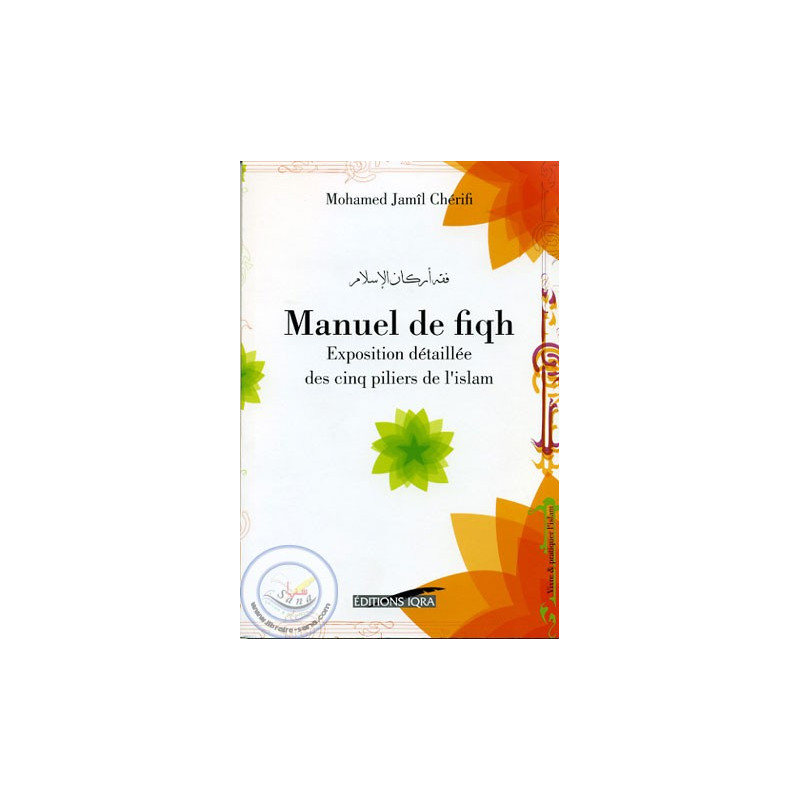

Promotions SANA: Jusqu’à -20%, Cliquez ici
Promotions SANA: Jusqu’à -20%, Cliquez ici
Title: Handbook of fiqh
Author: Cherifi
Publisher: IQRA
Medium: Book
Theme: Student Library
Description: The reasons which pushed us to the work it is the indigence of texts, as regards jurisprudence, concerning the Hanafi school. We were largely inspired by the epitome, quoted above, and we tried, as much as possible, in our translation, to tighten the commentary made by 'Abdu-l-Ghani Al-Ghanîlî Ade-Dimachqi, a Hanafi author of the 13th century of the Hegira, without sticking too much to it. For the explanation of certain passages we have had recourse to the commentaries of the vast Sum of the Mabsût of the imâm as-sarakhsi or al-Fratâwâ al-Hindiyyah
No customer reviews for the moment.